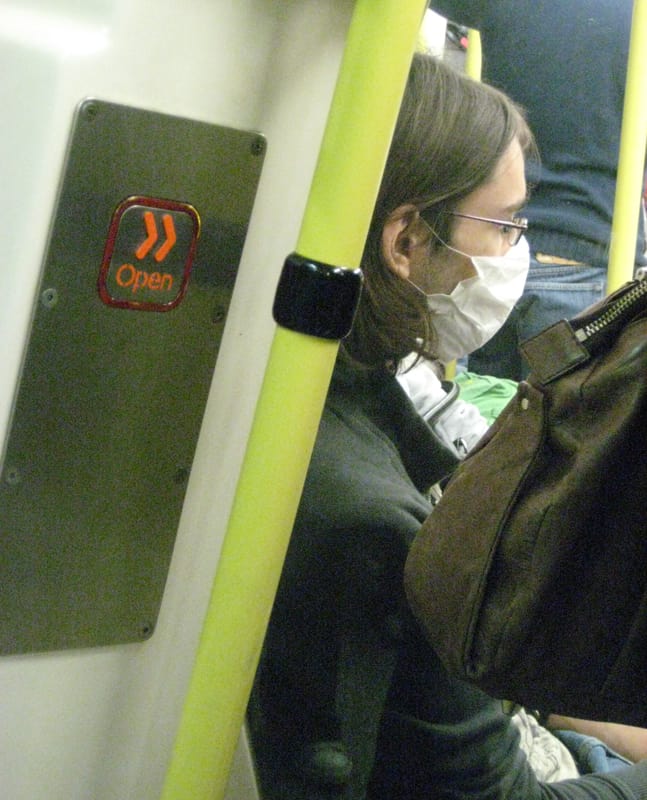
UK health leaders urge “rapid review” of COVID-19 preparedness as England relaxes lockdown
pharmafile | June 24, 2020 | News story | Research and Development | COVID-19, England, UK, coronavirus
British Prime Minister Boris Johnson announced an extensive rollback of existing lockdown measures to restrict the spread of COVID-19 in England on 23 June, including a reduction in crucial two metre social distancing rules to “one metre plus” and mass opening of pubs and restaurants from 4 July. But a chorus of voices throughout the scientific community and beyond is rising, voicing increasing concern that the nation is not prepared to effectively handle an incoming second wave of the virus.
This concern is not new; plans from the UK Government to lower the country’s coronavirus threat level were vetoed at the turn of June by all four of the UK’s Chief Medical Officers, based on evidence that the virus was still too prevalent and too much of a risk to make such a move. Despite this, the government pressed ahead with relaxing restrictions anyway, without adjusting the threat level.
With this further relaxation of lockdown measures which increasingly position England as an outlier compared to Scotland, Wales and Northern Ireland, which refuse to relax their more stringent positions, the level of concern among the UK’s scientific community is beginning to swell. Now, a group of UK health leaders have signed an open letter in the British Medical Journal calling on the leaders of each of the UK’s political parties to instigate a review into the preparedness of the nation to contain COVID-19 as a matter of urgency.
The letter, titled ‘COVID-19: Call for a rapid forward looking review of the UK’s preparedness for a second wave’ and signed by the Chair of the British Medical Association and Presidents of the Royal Colleges of Physicians, GPs, Nursing and Surgeons among others, said such a rapid review was crucial “if the public is to have confidence that the virus can be contained.”
“Several countries are now experiencing COVID-19 flare-ups. While the future shape of the pandemic in the UK is hard to predict, the available evidence indicates that local flare-ups are increasingly likely and a second wave a real risk” the letter read. “Many elements of the infrastructure needed to contain the virus are beginning to be put in place, but substantial challenges remain. The job now is not only to deal urgently with the wide ranging impacts of the first phase of the pandemic, but to ensure that the country is adequately prepared to contain a second phase.”
The letter argues that a proper examination of the “complex and inter-related policy areas” associated in combatting the virus would be too broad a job for any single select committee, instead urging the establishment of a cross-party commission for a “constructive, non-partisan, four nations approach that could rapidly produce practical recommendations for action…without itself becoming a distraction for those at the front line or in government.”
The signatories said such a review could take a number of forms, but should “be quick, broad, ambitious, able to command widespread public and stakeholder trust, and needs to happen now. It should focus on those areas of weakness where action is needed urgently to prevent further loss of life and restore the economy as fully and as quickly as possible.” They also pointed to recent polling by YouGov indicating that a majority of the public support such an inquiry, and that the government has also already received a similar petition from the COVID-19 Bereaved Families for Justice group.
To this end, the letter suggests a number of policy areas which urgently need to be addressed, calling for first results of an inquiry to be made available “no later than August”:
- Governance including parliamentary scrutiny and involvement of regional and local structures and leaders
- Procurement of goods and services
- Coordination of existing structures, in a way designed to optimise the establishment of effective public health and communicable disease control infrastructure, the resilience of the NHS as a whole, and the shielding of vulnerable individuals and communities
- The disproportionate burden on black, Asian, and minority ethnic individuals and communities
- International collaboration, especially to mitigate any new difficulties in pandemic management due to Brexit
Related Content

Gilead’s Veklury recommended by NICE for COVID-19 treatment
Gilead Sciences has announced that the National Institute of Health and Care Excellence (NICE) has …

NICE expands access to Paxlovid for 1.4 million people at risk of severe COVID-19
The National Institute for Health and Care Excellence (NICE) has announced that it has expanded …

Moderna shares data from phase 1/2 trial for combination flu and COVID-19 vaccine
Moderna has announced positive interim results from the phase 1/2 trial of mRNA-1083, its investigational …








